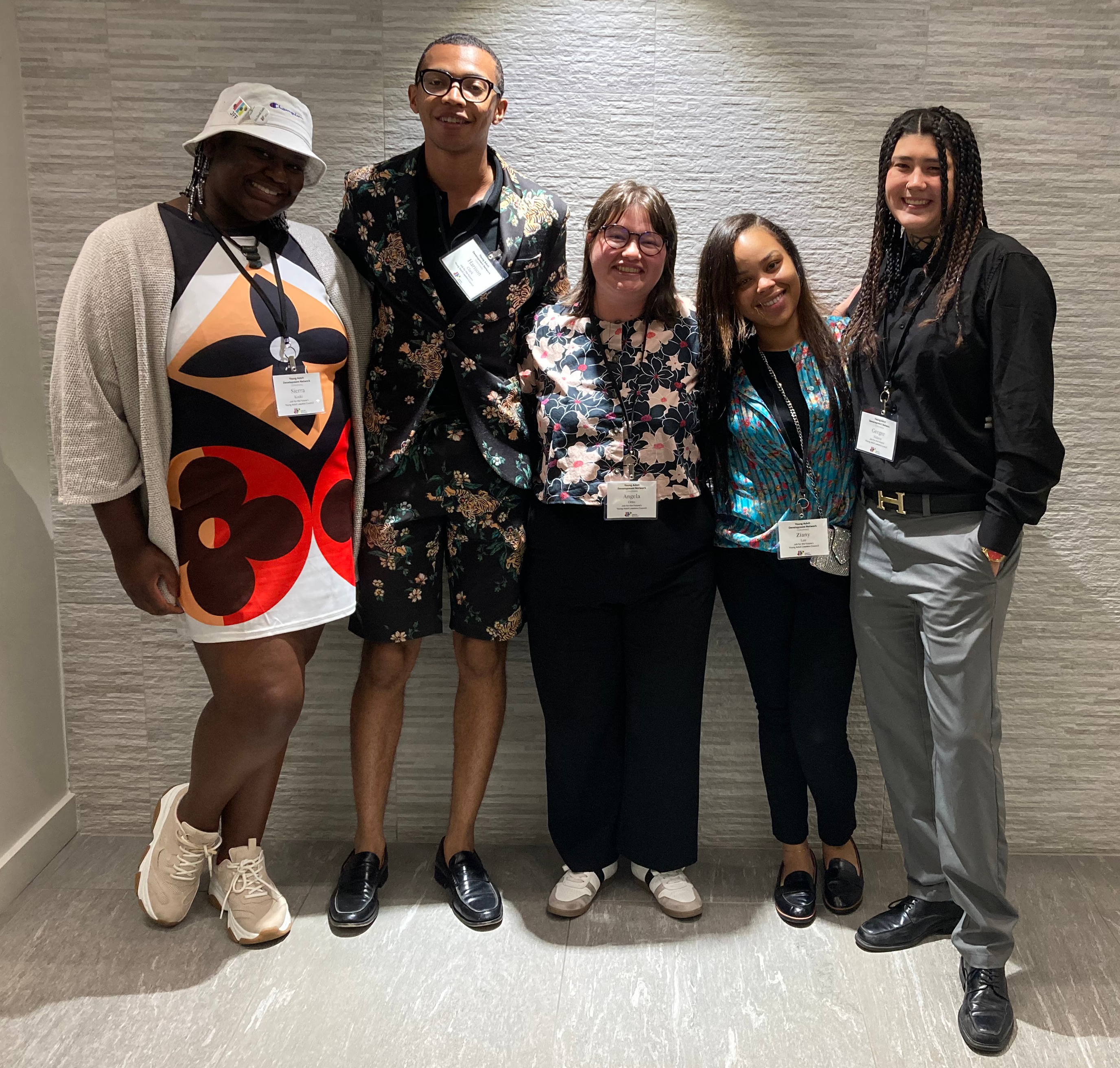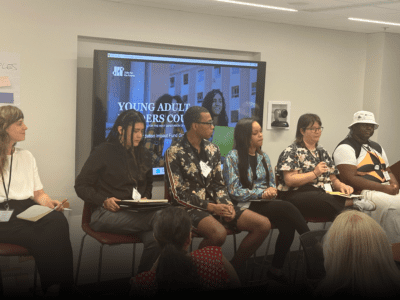Sharing Insights on High-Quality Youth Leadership Opportunities
 The primary goal of the YALC initiative was that the council members would develop a resource for employers and talent development organizations that embodied the lessons they had learned and the priorities they developed during their time on the council.
The primary goal of the YALC initiative was that the council members would develop a resource for employers and talent development organizations that embodied the lessons they had learned and the priorities they developed during their time on the council.
Reflecting on the months they’d spent working with JFF and YATD Network members, attending Horizons, and taking part in other events and activities, the council members decided that they wanted to offer guidance to employers and other talent development professionals to ensure that they understand that it’s of utmost importance to give young people authentic opportunities to act—and be seen—as leaders, to offer them access to networks of experienced professionals who are invested in the future, and to create experiences that give them a chance to learn about and contribute to the issues that matter most to them and their generation.
They were motivated in part by the fact that, in contrast to their time on the YALC, they had all had experiences that didn’t go well, where they felt some people “tokenized” them because they were young instead of authentically listening to them and valuing their opinions and insights.
Image caption: From left to right, Sierra Koski, Harison Clark, Angela Otto, Ziany Lee, and Geegee Aldana after their panel discussion at the July YATD meeting in Washington, DC.



 The primary goal of the YALC initiative was that the council members would develop a resource for employers and talent development organizations that embodied the lessons they had learned and the priorities they developed during their time on the council.
The primary goal of the YALC initiative was that the council members would develop a resource for employers and talent development organizations that embodied the lessons they had learned and the priorities they developed during their time on the council.



